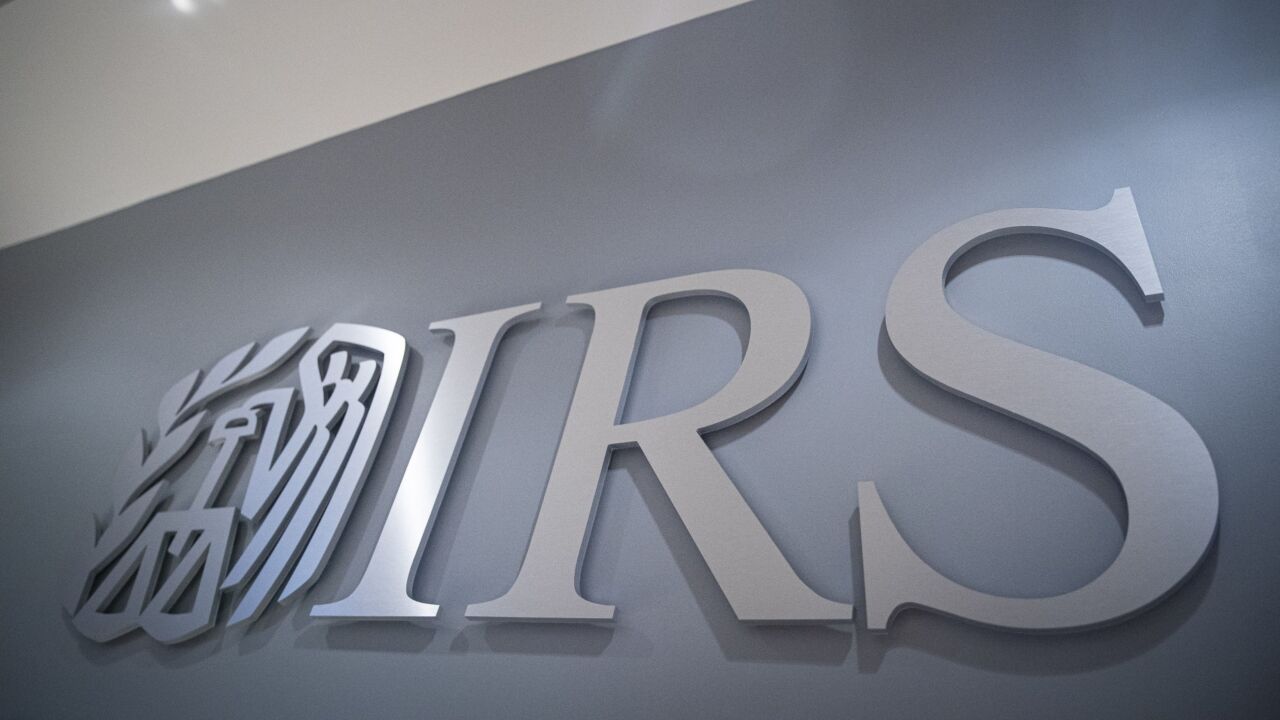It is becoming increasingly apparent as AI adoption grows: Artificial intelligence is going to expose firms, and many will find themselves left naked and afraid.
That may sound blunt, but it is the truth. Artificial intelligence is shining a spotlight on firms and showing us what's working, what's broken, and where we have been hiding behind outdated ways of doing things. And this is happening at a breakneck pace.
Some firms are still clinging to a transactional mindset. Compliance work, outputs and billable hours remain their focus, but clients are asking for something entirely different. They want insights, guidance and a partner who helps them navigate complexity. AI won't create these gaps, but it will expose them for everyone to see.
So, let's talk about what AI exposes, why it matters and what leaders need to do about it.
Where firms get too comfortable: Transactions
For decades, the profession has centered on compliance and transactions, including tax returns, audits and financial statements. It is predictable and profitable, but also a comfort zone.
The problem is shifting client expectations. Your clients want more than a report. They want advice, foresight and strategy. Technology makes the data richer and more accessible than ever. The real differentiator is how well you help clients use that information to make better decisions.
AI accelerates this shift. Tools can already generate dashboards, analyze large datasets and reveal trends in a fraction of the time it takes a human. When technology delivers faster (and cheaper) reporting and insights, the only thing that matters is the context and guidance you provide around those results. Firms that stay stuck in the old model will find themselves irrelevant, fast.
AI is pulling back the curtain on firms that have been able to hide behind busy seasons, complex workflows or client loyalty. When technology can do the work faster, the difference between firms that deliver true insight and those that only deliver transactions becomes obvious. Firms that have not invested in processes, people or innovation will find their weaknesses exposed. AI does not allow you to disguise inefficiency or lack of value for long.
What AI exposes: Cracks in the foundation
AI doesn't just replace work. It shines a bright light on how firms operate. Here is where the cracks usually show:
1. Process gaps. Many firms rely on tribal knowledge and messy workflows. Checklists reside in spreadsheets, file naming is inconsistent and client documents sit in email chains. AI thrives on clean data and structured processes. Without them, automation will magnify your inefficiencies.
Think about it this way: If you pour bad data into an AI system, you get bad outputs faster. Instead of reducing errors, you multiply them. Firms that were able to hide behind long turnaround times will suddenly find themselves scrambling because AI has no patience for chaos.
2. Talent gaps. The roles inside firms are changing. Data entry and basic reconciliations are being phased out. Strategic thinking, relationship-building, and analytics skills are in rising demand. If you do not reskill and reallocate, you'll end up with the wrong people in the wrong roles.
This doesn't mean people are obsolete. It means their value shifts and increases. The staff accountant who once spent hours on reconciliations may now need to interpret dashboards, coach clients on financial literacy or analyze industry-specific trends. Leaders must be intentional about retraining and creating new career paths.
3. Leadership gaps. This is the big one. Leaders who cling to outdated metrics, resist experimentation or fail to communicate effectively will lose the trust of both clients and teams. Adopting technology without cultural alignment just creates more confusion.
A leader who measures success only by billable hours sends a clear message that efficiency is more important than value. But in an AI-enabled world, value comes from insight, guidance and human connection. Firms that continue to reward hours over outcomes will find their best people leaving for firms that embrace a more forward-thinking vision.
Human connection becomes the differentiator
The more machines take on, the more human connection matters. Clients want a partner who understands their goals, empathizes with their challenges and co-creates solutions. Advisory is not an add-on. It is the core of the value firms bring.
What does this look like in practice?
- Instead of sending financial statements at month-end, schedule a conversation to interpret the results and highlight risks and opportunities.
- Rather than waiting for clients to reach out with questions, proactively check in with scenarios that AI highlights as potential red flags.
- Use predictive analytics to guide strategic conversations: "Here's what the data suggests could happen in the next six months, and here's how we can prepare together."
Technology can free up time. But it will never care. That is your job.
What leaders must do now
If AI is exposing firms, leaders need to stop waiting and start acting. Here are five imperatives.
1. Build a vision for the future. Define a purpose that goes beyond compliance. For example, "We empower business owners to thrive by turning data into actionable intelligence." A clear vision provides a compass when everything else is shifting.
2. Re-engineer your processes. Standardize, automate and remove friction. Document workflows, ensure clean data inputs and embed AI into structured systems, not chaotic ones.
3. Reskill your talent. Advisory, analytics and leadership skills must become the core of career development. Provide training, mentorship and opportunities to innovate.
4. Rethink your metrics. Move from hours to value and from transactions to outcomes. Track revenue per client, engagement quality and proactive advisory touchpoints.
5. Communicate constantly. People need to understand what is changing and why. Regular updates, open dialogue and transparent messaging reduce fear and build buy-in.
None of this is optional. It is the cost of relevance.
The opportunity beyond the fear
"Naked and afraid" sounds ominous, but discomfort often sparks growth. AI is opening doors to new possibilities:
- Expanded capacity. Automation reduces repetitive work, allowing your team to focus on higher-value conversations.
- Greater accuracy and speed. AI minimizes errors and accelerates turnaround times, boosting client trust.
- New service offerings. From real-time cash flow forecasting to advanced tax strategies, AI creates opportunities for services that were once out of reach.
Firms that embrace these opportunities will strengthen client loyalty, attract top talent and command premium pricing. Those who ignore them will see competitors pull ahead.
The exposure is coming
AI will not invent your weaknesses, but it will expose them faster than you can hide them. And that is not a bad thing. It is an opportunity.
Firms that strengthen processes, invest in talent and embrace innovation will use AI to elevate their relevance and impact. Those that cling to the old way of working will find themselves exposed for what they are: inefficient, transactional and unprepared.
AI is already here, and the competition is already moving. You can face that reality now and build a firm positioned to thrive, or you can wait and risk being left exposed when others outpace you and leave your firm naked and afraid.





